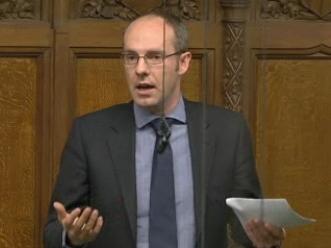
At a time when everyone is focused on personal finance, generations of young people will now gain the knowledge and skills they need to be able to manage their own finances. This will make a real and lasting difference to financial capability in our country overall.
In primary school mathematics, money will be used as a unit of measurement and in problem-solving and when students are introduced to statistics in Key Stage 2, teachers will introduce financial concepts to children. In English, financial vocabulary will be taught in spelling, with pupils to learn the word and the meaning of words such as 'money', 'finance', 'commercial' and 'coin'.
By the time young people reach secondary school, they have already been exposed to hundreds of scenarios where a basic level of financial education would assist them in making savvy decisions. Finance will be taught in mathematics through problem solving, ratio, proportion and rates of change. In addition, understanding of probability, notions of risk and uncertainty, will be taught through the use of financial examples. In Citizenship, 11 – 16 year olds will learn the functions and uses of money, the importance and practice of budgeting, credit and debit, insurance, savings and pensions and how public money is raised and spent. In maths, there is a renewed emphasis on financial mathematics in measures and problem-solving from primary school age onwards.
Justin Tomlinson MP said: "Hundreds of subjects applied to be added to the new National Curriculum, and I am delighted that the Department for Education has seen the value of financial education for young people. From September 2014, every student in England will be taught how personal finance works; from calculating interest or VAT, to understanding and managing financial risk. It is vital that schools equip students with life skills and there is no skill more important than understanding how money works, and the impact it has on day-to-day life".

